4 min to read
5 Great Productivity Tools for Programmers
And how they will make your life better

Photo by ian dooley on Unsplash
As a programmer, you probably have a love-hate relationship with your craft. There are times that you love programming and there are other times that you just don’t want to write print("Hello World"). However, you probably always want to get your work done and make it as enjoyable as possible, and using some productivity apps can have that exact effect. I’ve been using all of the tools I list in here for at least a month now and I love each and every single one of them. They’ve made working a lot more fun for me and have definitely allowed me to finish my work quicker. So without further ado, let me show you five great productivity tools that will make your life better.
Kite
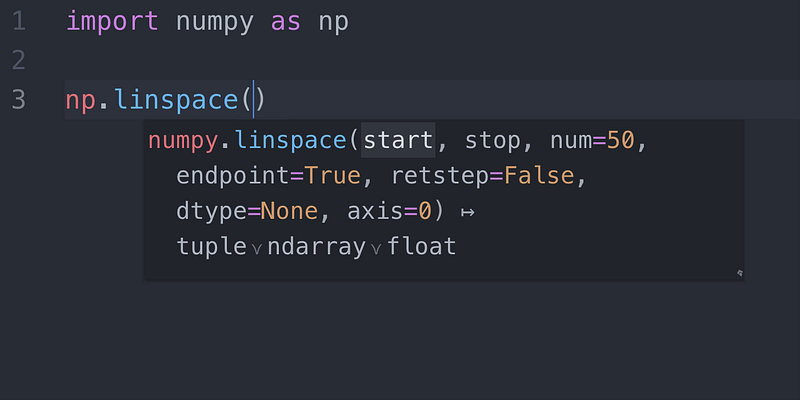
Kite is an AI-powered autocomplete plugin for Python and Javascript that works for all your favorite text editors. You’ve probably seen sponsored segments in youtube videos about the plugin, but its value speaks for itself. While your standard autocomplete can only complete the word or the line, Kite allows you to complete multiple lines at a time so that you spend less time writing out repetitive boilerplate like code. It also gives you in-depth documentation for Python and Javascript within your code editor so you don’t have to leave to make a quick google search. Best of all, it’s free! If you’re a Python or Javascript developer, I implore you to get this extension for your code editor and I promise you’ll see your productivity increase.
Notion
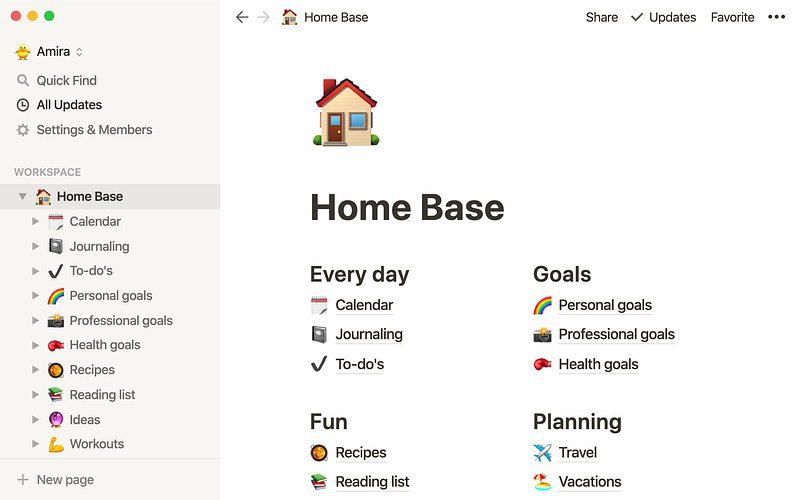
Picture from Notion’s website.
If you’ve been on either productivity Twitter or productivity YouTube within the last couple of months, you’ve probably heard about this tool. For those of you who are uninitiated, Notion is basically an all in one project management tool for teams and individuals. It allows you to take notes, build wikis and publish them as webpages, mark out your calendar, and track the progress of your projects with a kanban board. It also allows you to create dynamic databases that you can use to track your work and notes as well. It is an incredibly powerful tool that will help you stay on track of your work and make note-taking fun again. It has a free tier that is more than enough for the average user, but you can also upgrade for free if you have a student email. If you want to learn more about using Notion, I suggest Ali Abdaal’s youtube channel: https://www.youtube.com/channel/UCoOae5nYA7VqaXzerajD0lg.
Obsidian
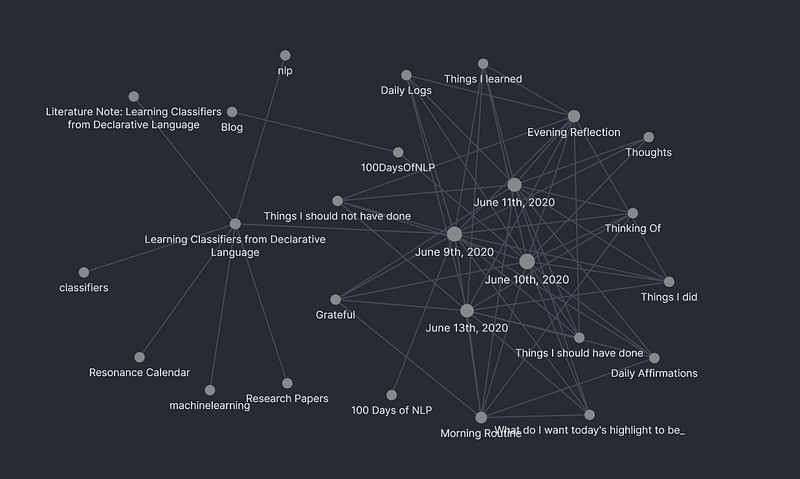
A graph of my notes from the last week in obsidian.
Continuing on the subject of note-taking. Obsidian has changed the way I take notes and write articles. I have only been using it for a week, but I used a very similar tool called Roam Research for much longer and switched when they started charging 15 dollars a month. Obsidian markets itself as your second brain, and honestly? It might as well be. Just like your brain makes connections between things you learn, you can make links in between your notes in Obsidian and then visualize the way they look using its graph view. This follows the Zettelkasten method of note-taking. What this method of note-taking focuses on is connecting all your notes to make it easier for you to come up with ideas. It also focuses on making sure you have easy access to all your notes by making the archival of your notes easy. It’s an incredibly rewarding note-taking process and it really helps you generate ideas and keep your notes in order. All of your notes in Obsidian will be markdown files, so you get all the robustness of markdown editing with some additional features that Obsidian has. The best part is, the app is totally free. It is currently only available for PC and Mac.
F. lux
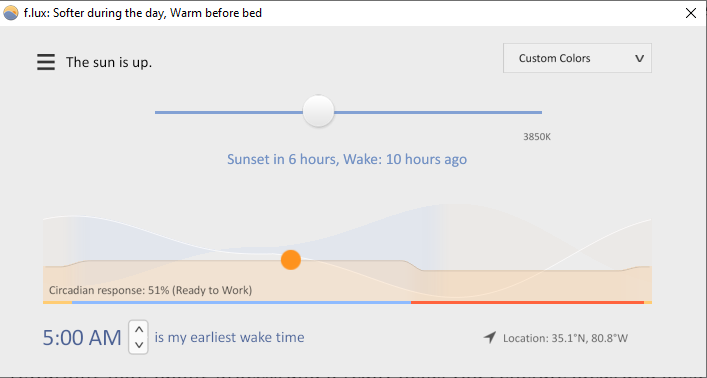
Blue light is harmful and it makes looking at your screen for long periods of time hard to do. Which is horrible if you’re a programmer because you usually have to look at your screen for extended periods of time every day. F. lux makes your screen warmer and makes it so that there isn’t as much blue light emanating from your screen, making it easier to look at your screen so that you can get your work done in comfort. It is free to install, so go nuts using it!
Clockify
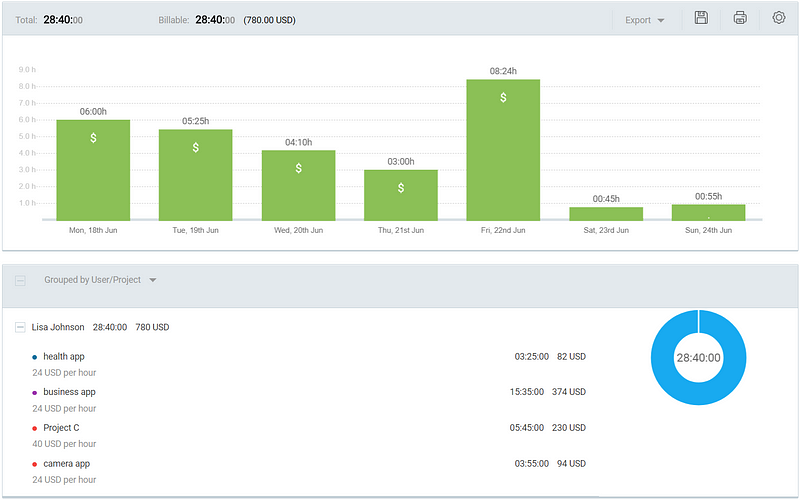
Screenshot from clockify’s website
Clockify is a time tracker that was created for developers. It lets you track how much of your time you spend doing focused work, which helps keep you on track. If you’re a freelance developer, you can use this to make sure you’re being paid properly for the hours you are putting in. Just like a normal time tracker, using Clockify lets you get an overview of your work habits so that you know if you’re spending your time the way you want to spend it.
Those are my top five productivity tools for programmers and they’re all free! So go ahead install them, have fun, and keep coding!

Comments